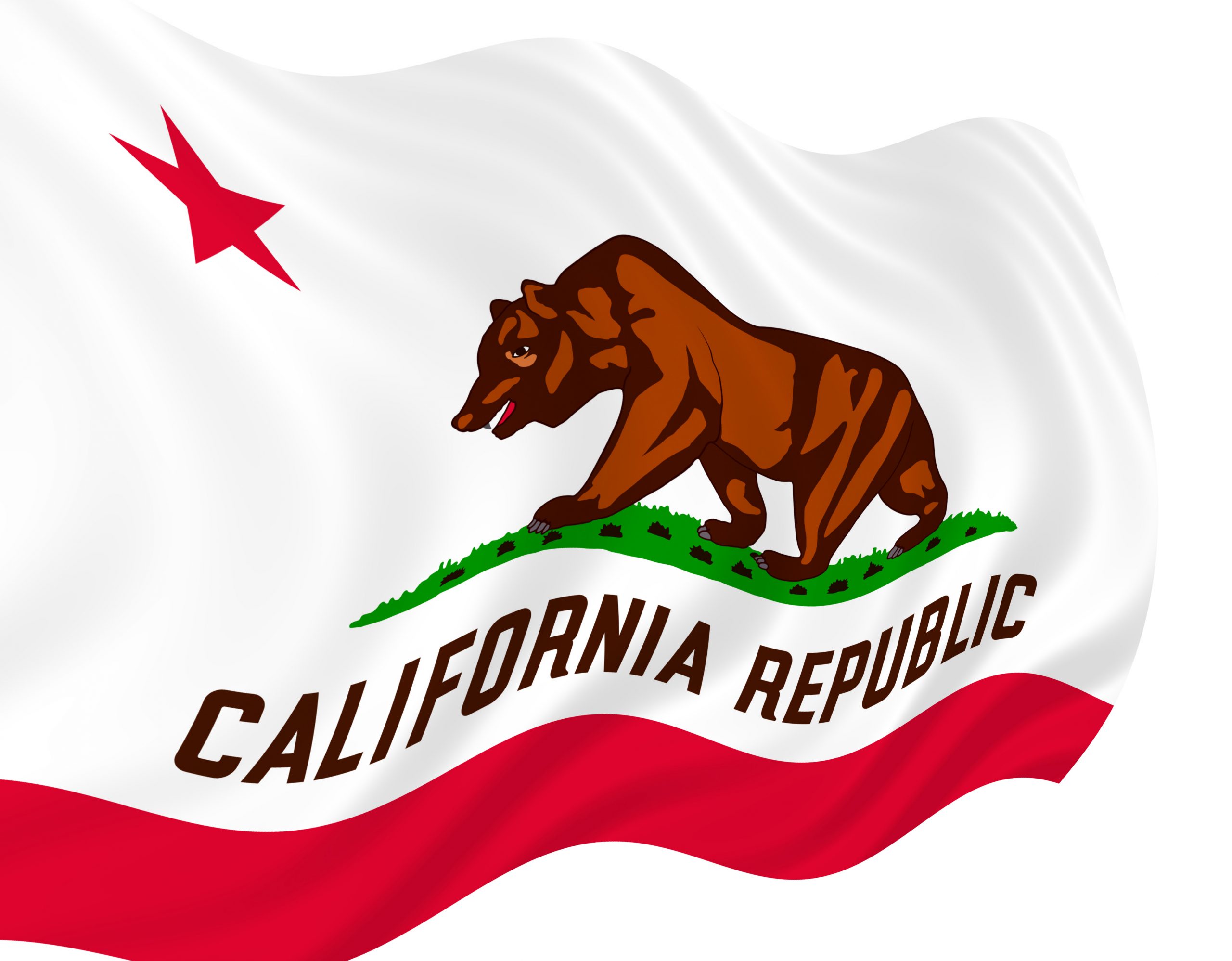This afternoon, the Senate Budget Committee will hold its first hearing on the state’s response to the coronavirus.
Today’s hearing promises to be memorable for two reasons. It will be the first hearing with “social distancing” practices that have become a way of life enforced. And it also promises to feature a rare major grilling of the Newsom Administration by legislative Democrats.
With great fanfare last week, Gov. Newsom announced a plan to procure up to 200 million masks per month for California. The state Department of Finance estimates that the total costs will be roughly $990 million, with a $495 million down payment already made.
Questions immediately arose following Newsom’s announcement.
Last weekend, Vice News reported that the company that California has contracted with, BYD, “has been prohibited by law from bidding for some federal contracts in the United States . . . (and) has glaring red flags on its record, experts warn, including a history of supplying allegedly faulty products to the U.S., ties to the Chinese military and Communist party, and possible links to forced labor.”
In a stern reply, Senate Budget Committee chair Holly Mitchell (D-Los Angeles) said that, “under normal circumstances, the Legislature would have had more time to deliberate an expenditure of this magnitude and would have been allowed to thoroughly vet the details of the contract before proceeding.”
Though ultimately approving the expenditure, Mitchell demanded more specifics from the Newsom Administration, including the standards required from the vendor, whether the masks would meet quality standards required by public health agencies, and how they would be distributed.
While department heads can face tough questioning now and then, it’s rare that legislative Democrats hold the Governor’s “feet to the fire” in such a public way. But with billions for popular programs on the potential budget chopping block amidst a swift recession – including the social welfare programs long championed by Mitchell – not even Newsom can get away with spending $1 billion without answering tough questions.
It’s refreshing to see liberal lawmakers like Mitchell channel her inner “fiscal conservative” and scrutinize questionable deals like this – even during a public health crisis where swift action is required.
Mitchell should also be applauded for her call for the Department of Finance to establish a public database regularly detailing how much medical equipment is available in state warehouses, and the quantities and locations of shipments of that equipment.
This kind of transparency should be expanded to all areas of state spending. Earlier this year, we talked with Adam Andrzejewski of Open the Books on PRI’s “Next Round” podcast, who discussed his efforts in court to force State Controller Betty Yee to reveal line-by-line spending details of the state’s checkbook.
Taxpayers and legislators have a right to know how the people’s hard-earned tax dollars are being spent. The public database being sought by Mitchell will help taxpayers and lawmakers evaluate how good a job the state is doing in responding to the coronavirus pandemic – and whether local communities indeed have the supplies and equipment they need to fight the virus.
Aside from the N95 mask controversy, state Director of Finance Keely Martin Bosler will be asked about how the coronavirus will impact the forthcoming state budget debate. She gave a preview in a letter sent Friday to the Joint Legislative Budget Committee.
Bosler noted that “the state’s response requires significant upfront emergency expenditures beyond the $1 billion (appropriated by the Legislature in March) . . . (and that) an additional $6 billion in response-related expenditures is projected in 2020.”
One bit of good news is that California stands to receive billions of dollars from Washington to pay for much of this increased spending – at least $8.4 billion for the state plus as much as $6.9 billion for local governments. And thanks to President Trump issuing a federal disaster declaration for California, FEMA will pay for 75 percent of the state’s emergency spending – or about $5.25 billion.
Tim Anaya is the Pacific Research Institute’s senior director of communications and the Sacramento Office.

